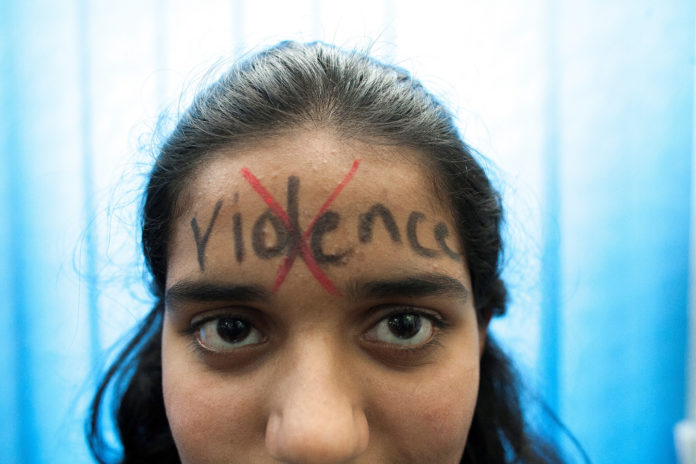Nearly a quarter (24%) will have experienced physical and/or sexual intimate partner violence by the time they turn 20 years old
The World Health Organisation (WHO) has flagged widespread prevalence of intimate partner violence in young girls aged between 15 and 19 years, estimating, in an article in The Lancet Child and Adolescent Health, that by the time they reach the age of 20 about a quarter of girls – about 19 million – would have experienced intimate partner violence.
The analysis used used the 2018 global, regional, and country estimates on intimate partner violence published by WHO and economic, social, and political metadata from subject-specific databases.
“Intimate partner violence is starting alarmingly early for millions of young women around the world,” said Dr Pascale Allotey, Director of WHO’s Sexual and Reproductive Health and Research Department. “Given that violence during these critical formative years can cause profound and lasting harms, it needs to be taken more seriously as a public health issue – with a focus on prevention and targeted support.”
While violence against adolescent girls occurs everywhere, the authors highlight significant differences in prevalence. Based on WHO’s estimates, the worst affected regions are Oceania (47%) and central sub-Saharan Africa (40%), for instance, while the lowest rates are in central Europe (10%) and central Asia (11%). Between countries, there is also a substantive range: from an estimated 6% adolescent girls subjected to such violence in the least affected countries, to 49% in those with the highest rates.
“Our findings highlight the widespread prevalence of intimate partner violence against adolescent girls across the globe and its relationship with country-level contextual factors. They emphasise the need for promoting and ensuring policies and programmes that increase and ensure gender equality. Countries should strive to provide secondary education for all girls, ensure equal property rights for women, eliminate discriminatory gender norms, and address harmful practices such as child marriage,” the authors wrote in the medical journal.


